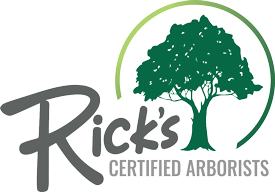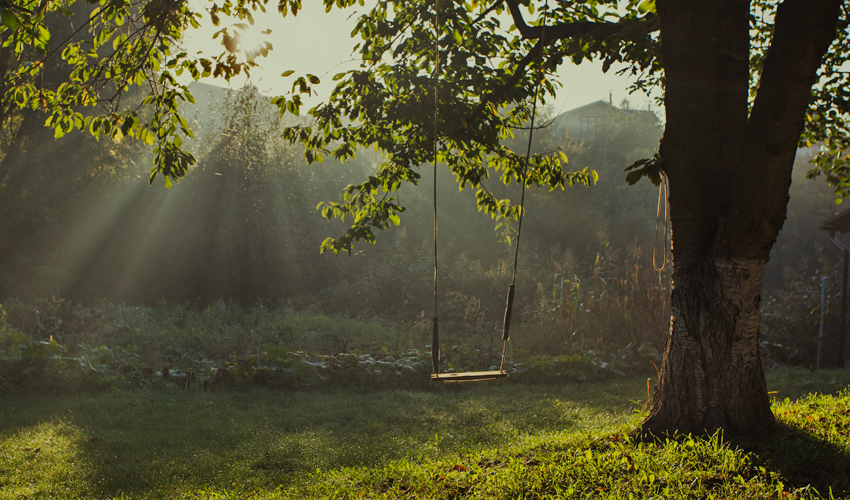Trees on your property are one of your most significant investments. Trees provide shade, serve as natural air conditioners and filter rainwater.
For your tree investment to last for generations, you need a professional tree expert to evaluate and design a program for your trees’ health.
A Certified Arborist is the Only Person to Call for Tree Evaluations
Trees, like people, need regular checkups. If you want your trees assessed for health, you need to hire a certified arborist to do the job.
Why?
A certified arborist has spent time learning, experiencing and becoming certified through the International Society of Arborists (ISA). A certified arborist knows what to look for when he inspects your property’s trees.
And a certified arborist is more than a guy with a truck and a chainsaw. Indeed, the goal of a certified arborist promotes tree health care and longevity—not removing it to make a buck.
Tree Inspections
So, what is a tree inspection? We all take our trees for granted. Often times, homeowners only think of their favorite tree is after it is struck by lightning or collapses during a snowstorm. But, then it is too late.
An ounce of prevention is worth a pound of cure.
Instead of waiting for a tree to come crashing down, an arborist can assess the health of homeowners trees throughout the Chester, Delaware, and Montgomery County area before there is an issue.
Your arborist will spend time looking, measuring and developing a wellness plan to preserve the trees on your property for many years to come. He’ll also provide information on how to protect your trees from certain diseases and pests, such as Emerald Ash Borer and the Spotted Lantern Fly.
In the greater Philadelphia region, an arborist inspection and report costs between $75 to $150.
Your arborist will examine your trees to indicate:
- Tree size: Your plant expert will provide an estimate of the height of each tree as well as the diameter of their trunks. Your certified arborist will also measure the branch spread and bark thickness of your trees.
- Tree species: All trees have value but some species are even more valuable than others, such as oaks, American elms, honey locusts, and Eastern black walnut trees.
Conversely, there are trees that no one wants on their property. For example, ginseng trees are gorgeous in the fall, but their fruits stink—literally. So, many homeowners don’t want ginkgo trees in their landscape because of the horrible scent that the fruit emits when stepped on.
- The condition of your tree: Your arborist will assess the structure and overall health of your trees including trunks, branches, twigs and For example, if one of your trees has early leaf drop, it indicates that it may have a disease or an insect problem.
Your arborist will also look at your trees’ vitality to make sure they’re not at risk for falling during a storm or dying prematurely.
- The trees’ location: Your arborist will also evaluate the safety of your property, people and the trees’ location. A tree inspection prevents problems before they happen such as a heavy limb falling on your car or the neighbor’s roof.
A tree inspection also includes your trees’ placement concerning aesthetics and functionality. Do your trees provide ample shade, privacy, and beauty to your landscape?
Conversely, are your trees’ roots causing your sidewalk to buckle, or do the branches hang so low that they’re scraping against the side of your house?
Your Arborist Evaluation Report
After the arborist is finished inspecting your trees, he’ll write up a report and suggest the following services to keep your trees alive and thriving for the long term:
- Bracing older trees to steady them as they grow and to protect them during storms
- Trimming and pruning your trees one to two times a year to keep their natural shape as well as to allow air and sunlight to penetrate through the leaf canopy
- Releasing soil compaction so the tree roots can absorb water and nutrients
- Deep root feeding, so the nutrients go straight to the roots and through the vascular system of the tree
- Soil or trunk injections to protect your trees from invasive insects such as emerald ash borer, spotted lanternfly, Eastern tent caterpillar and other harmful insects.
You Need Rick’s Certified Arborists for All of Your Philadelphia Tree Needs
When it comes to your property’s value as well as the richness that trees bring to it, you need a certified arborist to take care of them for you. At Rick’s Certified Arborists, our plant experts perform property inspections to keep your favorite trees healthy and majestic.
This spring, let us at Rick’s Certified Arborists evaluate your trees to make sure that they’re vigorous and sound.
Our certified arborists will catch diseases and insect invasions in the early stages, so we can develop a plant health care plan to keep your trees alive and vibrant for generations.
Call us today for your property inspection at 610-840-2655 or fill out our contact form.
Rick’s Certified Arborists serves homeowners in Bucks, Chester, Delaware and Montgomery Counties in Pennsylvania.
Sources:
Emad, Eric, “Determine the Value of a Tree.”
Higgins, Adrian, “Considering Trimming or Getting Rid of an Old Tree? Not So Fast.”
Wallin, Craig, “10 Most Profitable Trees to Grow.”


Comments are closed.